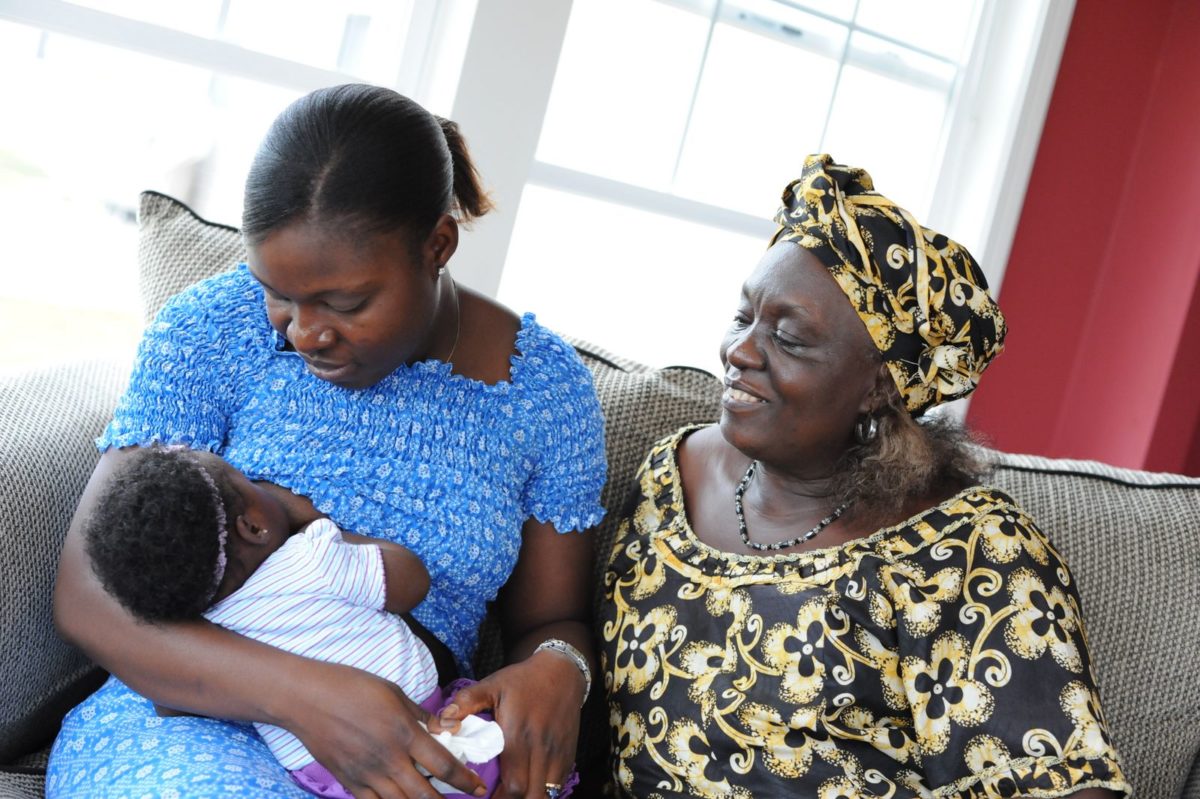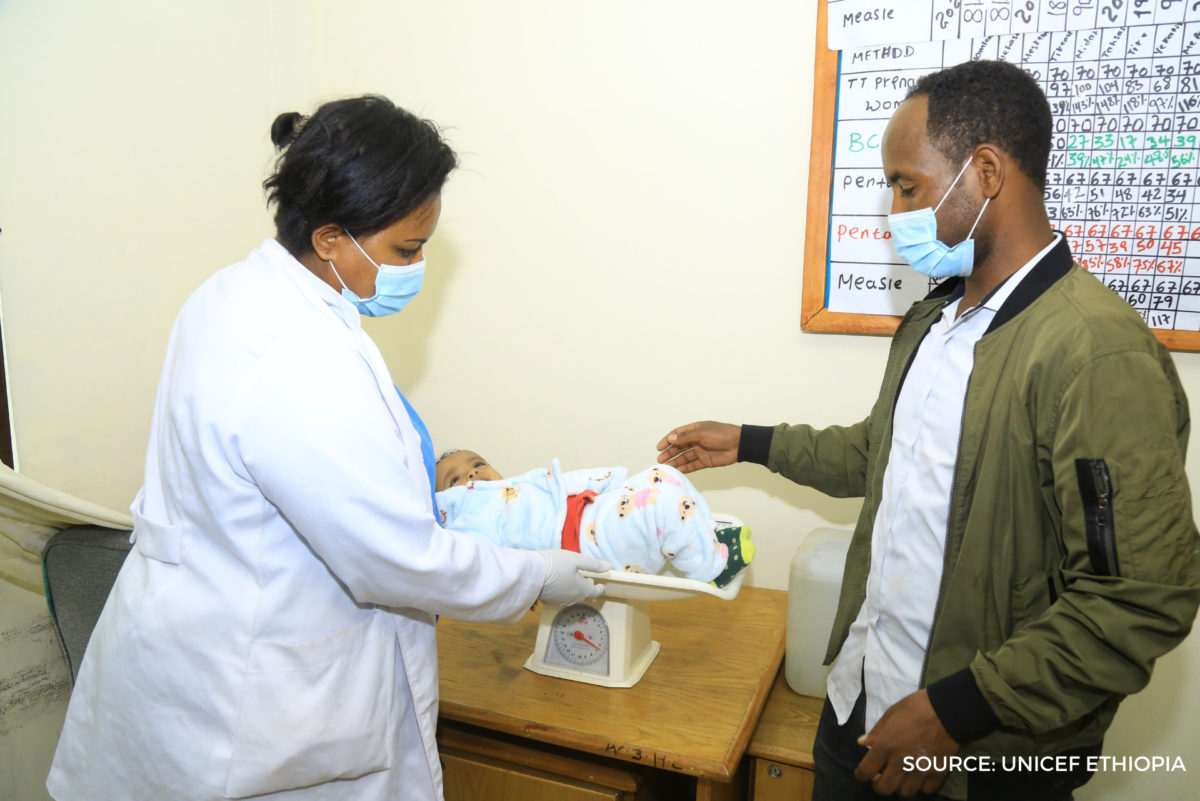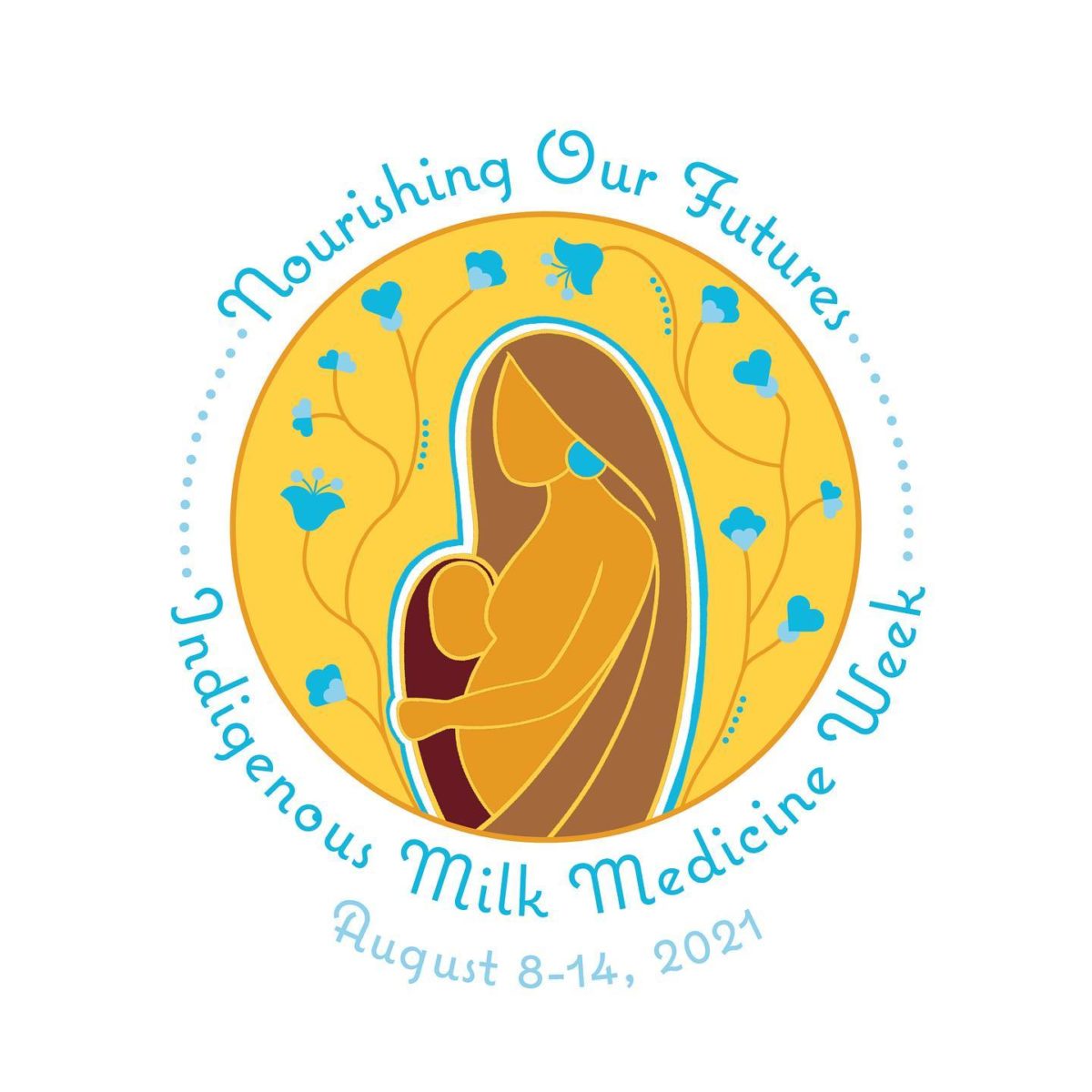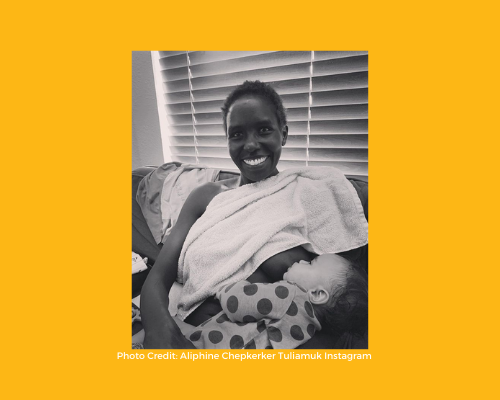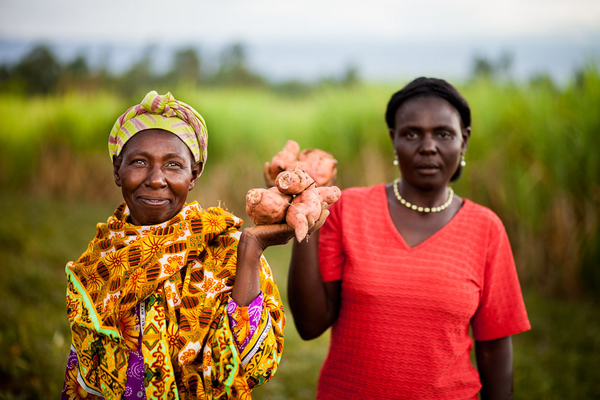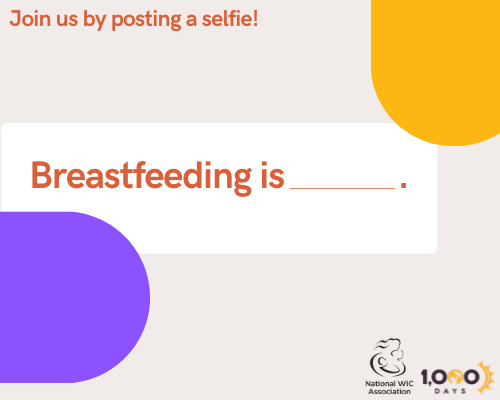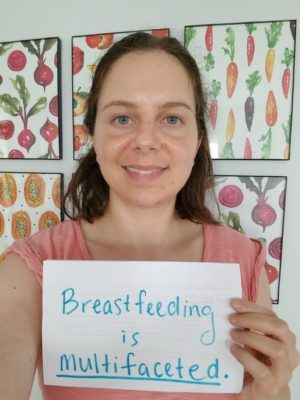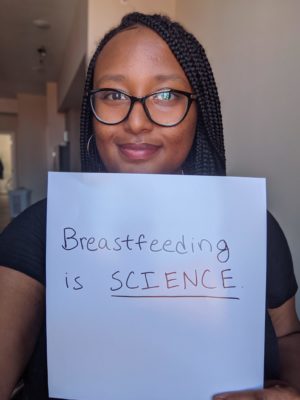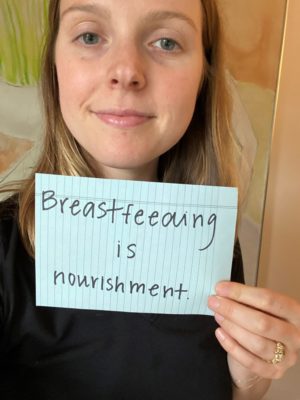Breastfeeding-Related Bills We Support in the 117th Congress
August 1st marked the beginning of National Breastfeeding Month and World Breastfeeding Week. All month long, 1,000 Days is celebrating breastfeeding in the U.S. and around the world and highlighting the policy changes that are needed to ensure all families can meet their breastfeeding goals.
This year’s theme for National Breastfeeding Month, Every Step of the Way, highlights the importance of anticipating and meeting the needs of lactating families throughout the breastfeeding journey. At 1,000 Days, we know that supporting families every step of the way requires Congressional action to increase access to healthy food, culturally-competent health care, and employee protection, all of which can help families meet their breastfeeding goals. Below is a list of current breastfeeding-related bills we support. We believe these bills will help anticipate and meet the needs of all lactating families in the United States.
Federal Nutrition Programs
H.R. 2011 / S. 853, the Wise Investment in Children (WIC) Act
This bill would extend eligibility for postpartum women to receive benefits under the Special Supplemental Nutrition Program for Women, Infants, and Children (WIC) to two years postpartum, extend the program certification window to two years to reduce attrition, and allow children to receive WIC benefits through their sixth birthday.
Access to Quality, Comprehensive Health Care
S. 1977, the Improving Coverage and Care for Mothers Act
This bill would expand eligibility for Medicaid to all who are pregnant or within one year postpartum. It would also authorize Medicaid to extend coverage of services provided to include lactation consultants. As the bill highlights, a lactation consultant is a health professional trained to focus on the needs and concerns of a breastfeeding mother and baby, and to prevent, recognize and solve breastfeeding difficulties.
H.R. 3407 / S. 411, the Mothers and Offspring Mortality and Morbidity Awareness (MOMMA’s) Act
This bill would expand eligibility for Medicaid up to one year postpartum, and for the Special Supplemental Nutrition Program for Women, Infants, and Children (WIC) up to two years postpartum.
Pregnant and Postpartum Women in the Workforce
H.R. 3110 / S. 1658, the Providing Urgent Maternal Protections (PUMP) for Nursing Mothers Act
This bill would expand access to accommodations for expressing breast milk in the workplace, extending protections in the 2010 Break Time law to 9 million currently excluded workers, including teachers and nurses.
H.R. 1065 / S. 1486, the Pregnant Workers Fairness Act
This bill would require employers to make reasonable accommodations for employees who are pregnant, recovering from childbirth, or who have related medical conditions. It would also prevent employers from discriminating or retaliating against employees who need reasonable accommodations for pregnancy, childbirth, or related medical conditions.
Health Equity
H.R. 959 / S. 346, the Black Maternal Health Momnibus Act
This bill would comprehensively address every dimension of the Black maternal health crisis in America by making critical investments in social determinants that influence health outcomes and confront issues of systemic racism in the medical system. It would also establish grant programs to increase the number of perinatal health workers – including lactation consultants and dietitians – who offer culturally congruent support.
Paid Family and Medical Leave
H.R. 804 / S. 248, the Family and Medical Insurance Leave (FAMILY) Act
This bill would provide comprehensive paid family and medical leave of up to 12 weeks to all workers in the United States. Categorically recognizing paid leave as a public health imperative, this bill has the potential to transform the lives of moms and babies. As research shows, paid leave supports breastfeeding initiation and duration in a number of ways. For example, a mother is more than twice as likely to stop breastfeeding in the month she returns to work compared to a mother who has not yet returned to work.

